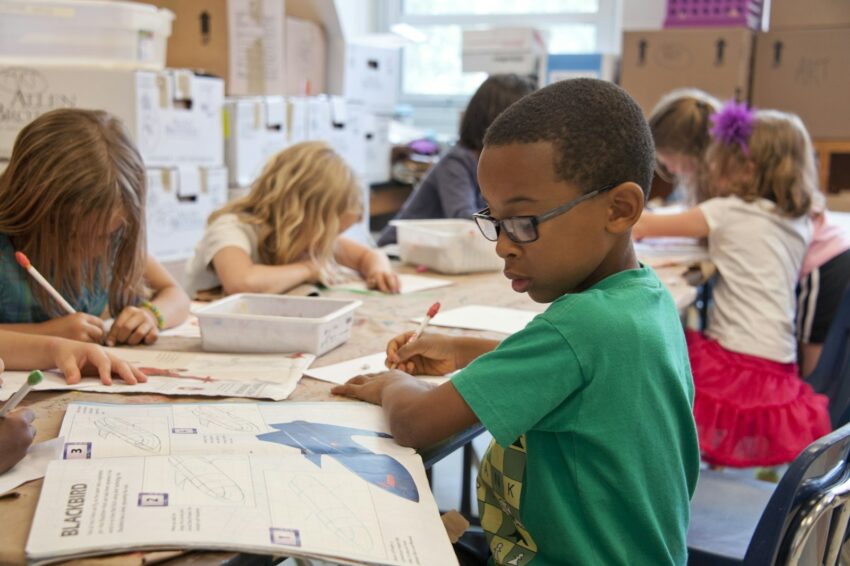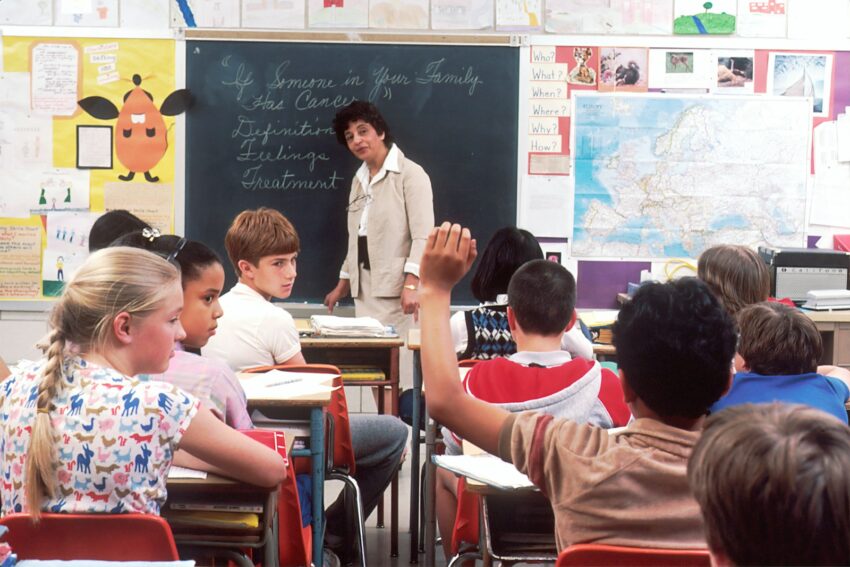You’ve probably wondered — what would it actually be like for your child to attend an international school? Would they fit in? Would it give them a head start in life? It’s an intriguing question for any parent who wants more than just the standard academic route. Because international schools aren’t just about learning in English or ticking off global curriculum boxes — they’re about raising adaptable, curious thinkers who see the world as connected, not divided.

What Makes International Schools Different from Traditional Ones
Step into an international classroom and you’ll notice something right away — it feels less like a school and more like a microcosm of the world. The curriculum isn’t bound by one country’s system. It’s designed to prepare children for global opportunities — think inquiry-based learning, cultural collaboration, and a focus on practical problem-solving rather than rote memorisation.
An international school experience also prioritises soft skills: empathy, communication, and cultural awareness. Your child might work on projects with classmates from five different countries or celebrate global festivals that open their eyes to new traditions. It’s an environment that doesn’t just value diversity — it lives it daily.
Signs Your Child Might Love a Globally Minded Education
Not every child thrives in the same system, and that’s okay. But some kids just click with this kind of environment. You might notice they’re naturally curious about how other people live or have a knack for making friends across different backgrounds. Maybe they already devour geography books or dream about travelling the world one day.
Children who enjoy open-ended learning — who prefer to explore why things work instead of memorising what — often do particularly well. They’re not afraid to question, debate, or challenge ideas respectfully. And if your child is bilingual (or keen to learn another language), that enthusiasm for communication can blossom in a global classroom where language learning is woven into daily life.

Real Parents Share What Surprised Them Most
Many parents who make the switch say it’s the sense of community that stands out most. It’s not just about academics — it’s about belonging. One parent shared that her shy son gained unexpected confidence simply by being surrounded by peers from different countries who were also learning to adapt. Another said she loved how the teachers used real-world contexts — like sustainability projects and international charity events — to make lessons come alive.
If you’d like to read more about parents’ experiences or see what a globally minded education looks like in action, you can explore this resource for more insights and stories from families who’ve made the leap.
How Global Exposure Shapes Lifelong Skills
Children raised in diverse environments often develop skills that last far beyond the classroom — adaptability, open-mindedness, and the ability to connect across cultures. These are qualities that today’s universities and employers actively seek. They also build resilience; when your child is used to change, they’re not easily thrown by it.
In essence, a global education gives them the tools to thrive wherever life takes them — whether that’s studying abroad, working in multicultural teams, or simply understanding that there’s more than one way to see the world.
The Big Picture: Is it Right for your Family
Choosing an international education isn’t about prestige — it’s about fit. It’s about whether your child would flourish in an environment that challenges them to think bigger, listen deeper, and grow beyond the familiar.
The best way to decide? Visit, ask questions, and trust your instincts. You’ll know when you’ve found a space that doesn’t just teach — it inspires.
Because sometimes, the right school doesn’t just prepare your child for the world — it helps them find their place in it.
